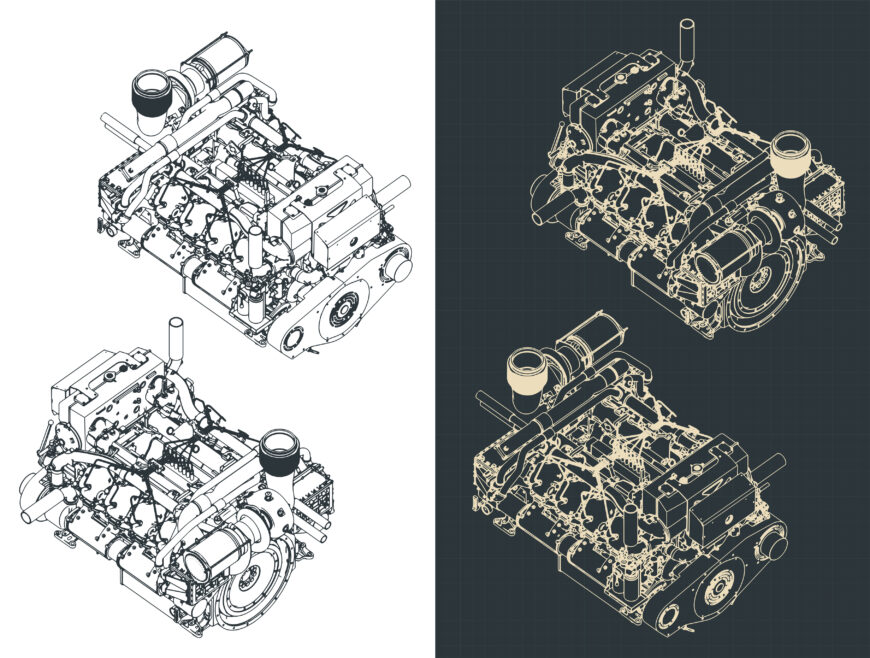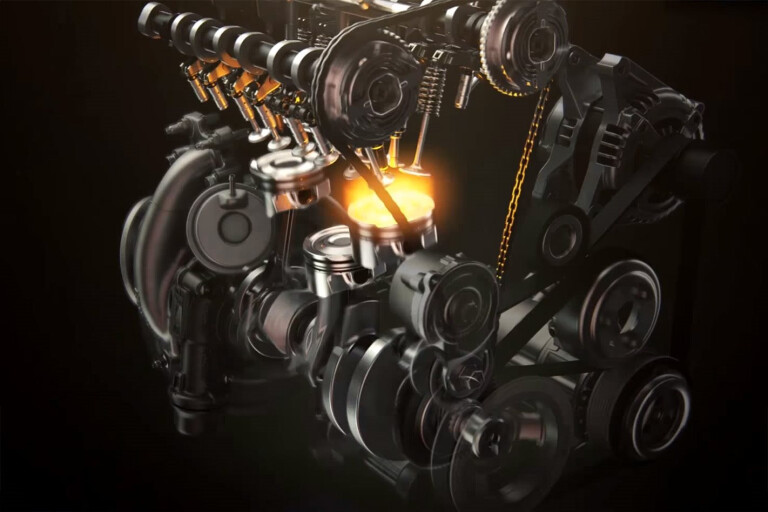The Mission for Ultimate Driving Power: Investigating the Peak of Engine Performance and Technological Developments in the Automotive Sector
In the realm of automotive engineering, the search of maximum driving power has been an unrelenting quest that has actually unravelled through the development of engine layout and the combination of sophisticated innovations. From the thorough workmanship of combustion engines to the quick advancements in electrical propulsion systems, the auto sector stands at the cusp of a new age identified by unprecedented performance abilities. As scientists and engineers delve deeper into the worlds of computational liquid characteristics and explore ingenious gas modern technologies, the horizon of possibilities broadens greatly. Stay tuned as we decipher the detailed tapestry of technical developments that are forming the future of automobile power and efficiency.
Advancement of Engine Layout

Moreover, the assimilation of turbocharging and supercharging innovations has actually revolutionized engine style by increasing power without significantly enhancing engine dimension. These forced induction systems press the consumption air, permitting more gas to be ignited, therefore generating higher power outcome from a smaller sized engine. This development has been especially crucial in improving the efficiency of smaller sized displacement engines while preserving fuel effectiveness criteria.

Performance-Enhancing Gas Technologies
The execution of innovative fuel technologies has actually dramatically added to improving engine efficiency in modern-day vehicles. From conventional gas and diesel to innovative biofuels, synthetic fuels, and hydrogen, the automotive field is witnessing a change in gas choices. Biofuels, originated from renewable sources like corn, algae, or sugarcane, offer enhanced and lowered exhausts engine effectiveness. Synthetic gas, created through chemical procedures, supply high octane ratings, boosting power outcome. Hydrogen fuel cells, although still in the very early stages of adoption, reveal terrific promise as a result of their zero-emission nature and capacity for high performance. Furthermore, fuel ingredients and detergents are being created to tidy engine components, maximize combustion, and lower friction, thereby enhancing general car performance. With recurring research study and development, the pursuit for the utmost driving power continues, as designers strive to open the full possibility of performance-enhancing fuel technologies in the auto industry.
Advancements in Electric Propulsion
Considerable strides in electrical propulsion modern technology have actually reinvented the automotive industry, leading the way for a new age of efficient and sustainable transportation. Electric automobiles (EVs) are obtaining appeal due to their ecological benefits and developments in battery modern technology, making it possible for longer driving arrays and much shorter billing times. Producers are spending greatly in study and growth to improve the performance of electric propulsion systems, focusing on increasing power output, boosting power effectiveness, and minimizing general weight.
One remarkable innovation in electrical propulsion is the advancement of sophisticated electric motors that deliver higher torque and power density, resulting in improved velocity and overall driving performance. Additionally, regenerative braking systems have been refined to record and save power throughout deceleration, additional enhancing the efficiency of EVs.
Moreover, the integration of Learn More Here clever modern technologies, such as expert system and anticipating analytics, is enhancing the administration of electric propulsion systems, making certain optimum performance under different driving problems. These advancements in electric propulsion are improving the automotive landscape, driving the sector towards an extra lasting and electrified future.
Effect of Computational Fluid Dynamics
With improvements in electric propulsion pressing the borders of vehicle technology, the combination of Computational Liquid Characteristics is playing a pivotal function in enhancing aerodynamic performance and improving general effectiveness in automobile design. Computational Liquid Characteristics (CFD) entails the usage of computer simulations to assess the flow of air around an automobile, allowing engineers to anticipate just how design modifications will certainly influence aerodynamics without the requirement for pricey physical prototypes. By precisely modeling air movement patterns, CFD allows for the improvement of vehicle shapes to lower drag, enhance air conditioning, and improve stability.
CFD makes it possible for designers to optimize air flow around elements such as radiators, engine bays, and wheel wells, contributing to enhanced efficiency and overall driving experience. In final thought, the combination of Computational Liquid Characteristics stands for a substantial step forward in the pursuit for utmost driving power and performance in the vehicle sector.
Future Fads in Engine Innovation
In the vibrant landscape of vehicle design, innovative improvements are shaping the future trajectory of engine advancement. The future of engine style is marked by a strong focus on efficiency, effectiveness, and sustainability. Producers are increasingly concentrating on developing engines that not only provide high power results yet likewise prioritize environmental duty by lowering exhausts and enhancing fuel effectiveness.
One popular fad in engine development is the surge of electrification. Crossbreed and electrical powertrains are gaining grip as sensible alternatives to conventional burning engines. These modern technologies provide the possibility for substantial reductions in carbon discharges and increased power performance, straightening with additional hints global efforts to combat climate change.
In addition, innovations in materials scientific research and production techniques are allowing the manufacturing of lighter and a lot more resilient engine components. This shift towards lightweight products such as carbon fiber and aluminum alloys adds to enhanced performance and gas economic situation.
Conclusion
In verdict, the search of ultimate driving power in the vehicle market remains to drive view it now improvements in engine layout, gas modern technologies, electrical propulsion, and computational fluid characteristics. The evolution of these innovations is shaping the future of engine technology, leading the way for extra efficient and effective cars (engines for africa). As the industry remains to press the boundaries of what is feasible, we can expect to see a lot more innovative advancements in the pursuit for peak efficiency
One of the key milestones in engine style advancement is the shift from typical carbureted engines to modern-day fuel-injected systems. By specifically metering the fuel shipment to each cyndrical tube, fuel-injected engines optimize combustion, resulting in better performance and decreased ecological influence.
Furthermore, the combination of turbocharging and supercharging technologies has changed engine layout by increasing power without considerably enhancing engine size (engines for africa).The implementation of advanced fuel innovations has actually considerably added to enhancing engine efficiency in modern-day vehicles. In addition, gas ingredients and detergents are being created to clean engine elements, enhance combustion, and decrease friction, thus enhancing general lorry performance